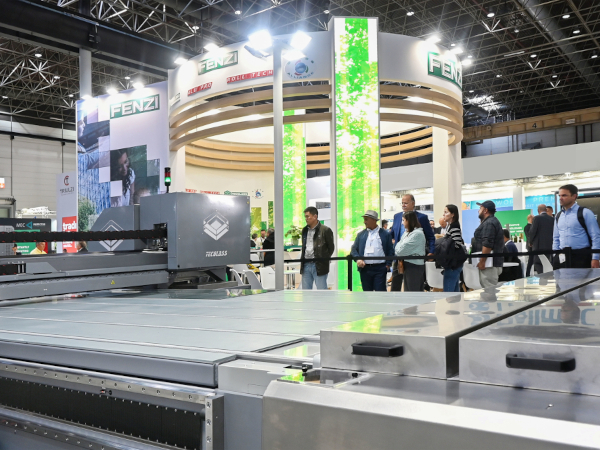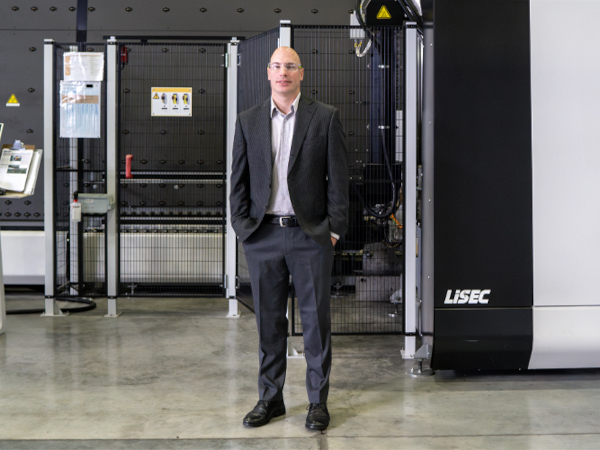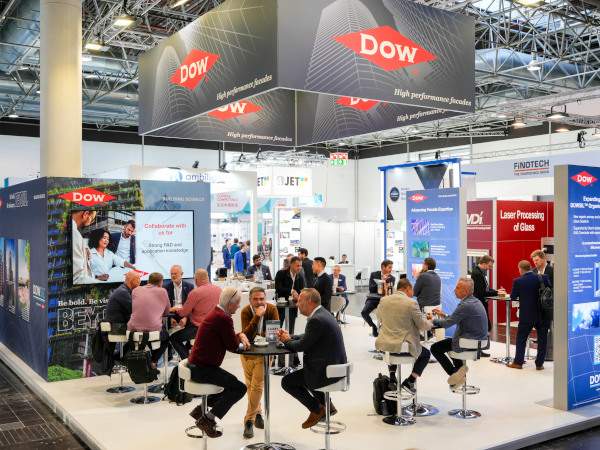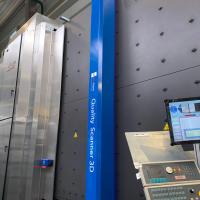Date: 17 July 2015
Energy-efficient, fully recyclable and innovative glass products and solutions will remain essential to Europe’s industrial base and value chains. In the ETS reform debate, careful consideration must be given to the sustained competitiveness and growth of Europe’s glass industries”.
Europe’s glass industries are all exposed to the risk of carbon and investment leakage. Pending a global agreement ensuring comparable GHG reduction efforts between EU manufacturers and their competitors, glass plants must receive a free allocation up to the level of the benchmark. However, allocation rules must be reformed to be based on recent production levels working with ambitious yet achievable benchmarks, in addition to a flexibility mechanism that leaves room for industrial growth.
Glass Alliance Europe calls on the Parliament and the Council to amend today’s proposal to ensure that the EU ETS reform guarantees that:
- the levels of free allocation allocated to the sectors deemed to be at risk of carbon leakage are connected to industry best performance levels and are not reduced by way of applying holistic corrective factors;
- both direct and indirect costs related to manufacturing processes are taken into account when assessing sectors and sub-sectors at risk of carbon leakage.
Glass Alliance Europe will work on the above concerns with its partners of the Alliance of Energy Intensive Industries and call as of now on the European Parliament and the Council to address these shortcomings.
For more information, please review Glass Alliance Europe position paper at http://www.glassallianceeurope.eu/en/statements-and-publications, or contact Adeline Farrelly, Glass Alliance Europe Secretary General, at +32 475 931724 info@glassallianceeurope.eu
About Glass Alliance Europe
Europe is the world leader in glass making. The glass industry comprises more than 500 plants providing 500,000 direct and indirect jobs. Glass is a unique and inert material made from abundant natural resources and fully recyclable. It is a key contributor to the EU objectives of a low-carbon, energy efficient and circular economy, and a key enabling material for essential supply chains, such as the pharmaceutical and health sector, the food and drink industry, buildings and construction, automotive, luxury goods and perfumes, electronics, etc.
For more information http://www.glassallianceeurope.eu/









Add new comment